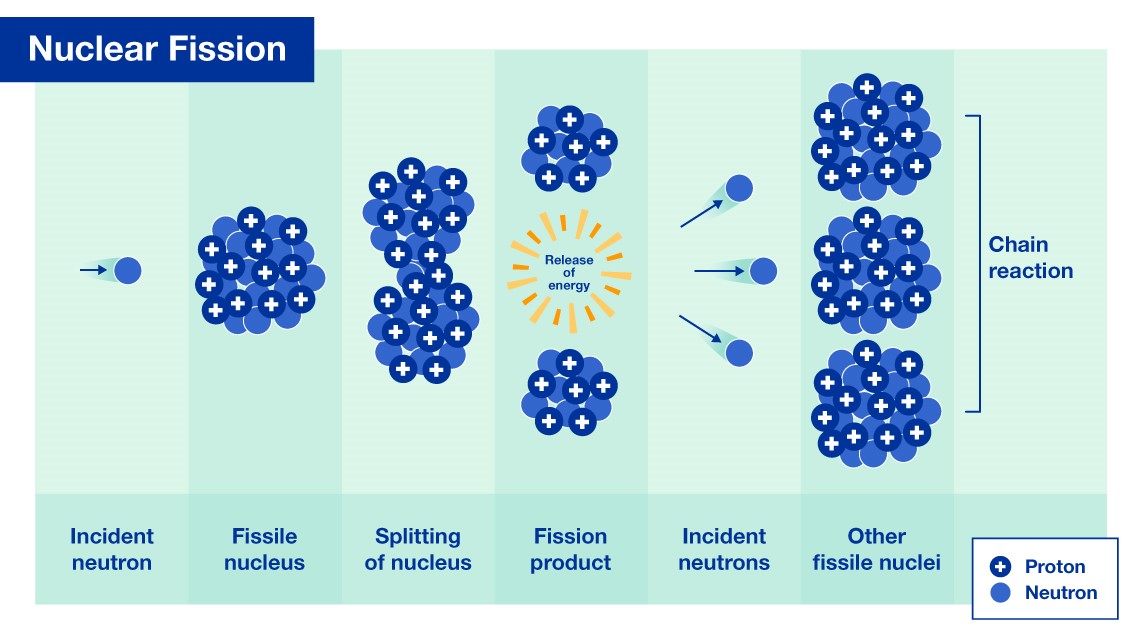Nuclear energy is an energy source used by many countries today. Especially since coal-fired thermal power plants emit large amounts of carbon, they pose a direct risk in terms of the ongoing climate crisis, and the problems created by thermal power plants are not limited to the climate crisis. For all these reasons, thermal power plants are a priority for the health of the world and indeed is a risk factor.
On the other hand, discussions continue on the safety, sustainability, and cleanliness of nuclear energy. For example, the low pollution it creates, especially when compared to thermal power plants, and its high efficiency compared to modern renewable energy sources, cause nuclear energy to be classified as “green energy”. However, it is possible to find those who oppose it. Similarly, there are those who claim that it is a “renewable” energy source due to its high efficiency despite using a limited fuel technically. However, however, it is possible to find those who oppose this too, and the current widespread opinion is that nuclear energy is not renewable.
While nuclear energy is important to a country’s energy resource diversity and balance, nuclear power is an extremely safe technology when properly operated, this does not mean that nuclear energy is a risk-free technology. On the contrary, the possibility of not taking the measures that make modern nuclear power plants, on average, extremely safe, is also among the biggest risks of nuclear power plants.

